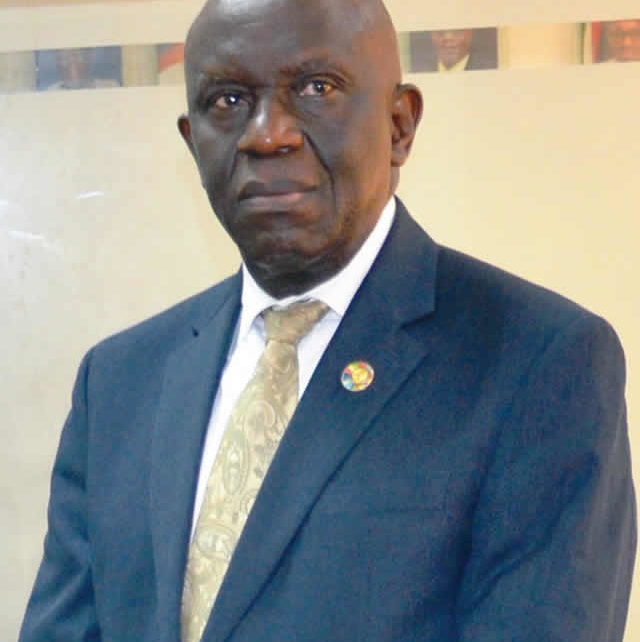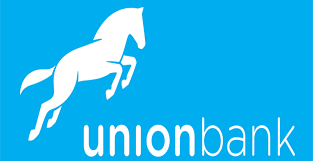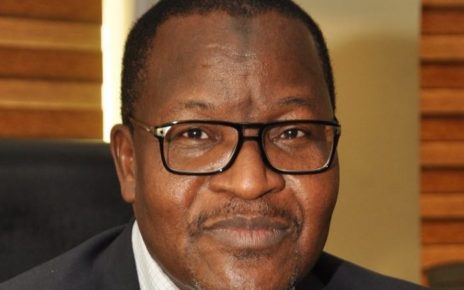The Lagos Chamber of Commerce and Industry (LCCI) has charged African leaders to jointly tackle the challenge of associated with the use of Non-tariff Barriers to Trade (NTBs) among African countries in order to achieve the desired regional and continental economic integration.
Non-tariff Barriers to Trade (NTBs) are trade barriers that restrict imports or exports of goods or services through mechanisms other than the simple imposition of tariffs.
The LCCI President, Mr. Babatunde Ruwase, gave the advice at a forum with the theme ‘ECOWAS Integration and the Challenges of Nigerian Traders in Ghana’ organized the private sector group on Wednesday in Lagos.
Ruwase explained that the region held great potential market of 386 million people, adding that the opportunity to fully explore the benefits for national and regional economic development might become unrealistic unless there is full market integration.
He pointed out that the use of domestic policies that negate the spirit of economic integration in the sub-region and at regional levels was hampering bilateral ties among member-countries, calling on national governments to reverse the practice.
The LCCI President said: “After 43 years of ECOWAS, we are still grappling with numerous tariff and non-tariff barriers to trade. There are numerous institutional and infrastructure problems militating against the lofty objectives of ECOWAS.
“We, therefore, need to tackle the current frustrating barriers to trade in the sub-region. The trade treaties are not being fully implemented. Compliance levels are very low and commitment to the trade protocols is very weak”, Ruwase added.
In his remarks at the forum, President, Nigeria Union of Traders Association, Ghana (NUTAG), Chukwuemeka Nnaji, said that Ghana’s use of its Ghana Investment Promotion Centre (GIPC) Act 865, Section 27 (1a) of 2013, flouted the provisions on rules of engagement being championed by various governments in the sub-region.
He lamented that while Ghana continued to enjoy the privileges conferred on ECOWAS citizens in the region, the government and its people continued to prohibit other citizens from doing same in Ghana.
Nnaji clarified: “Despite the discussions between Nigerian and Ghanaian Governments at the United Nations General Assembly in New York, the ordeal of Nigerian traders in Ghana escalated as the Ghana Union Traders Association took a different turn by attacking businesses in the Ashanti Region.
“Getting a residence permit is more difficult than getting U.S green card. The conditions are enormous. Already, we are advising Nigerian traders to leave Ghana until the challenges are addressed, especially as Ghana Immigration Services are equally cracking down on foreigners, particularly Nigerians”, the NUTAG leader stressed.
Commenting at the event, the representative of the Ghana High Commission, Sintim Barimah-Asare, appealed for calm and understanding among operators, adding that his country remains committed to the provisions of the ECOWAS Treaty and other instruments designed to promote economic integration in the sub region.
Barimah-Asare explained that what the Ghanaian Government sought to do through its recent policy measures was to protect the country’s petty traders from undue competition, adding that the GIPC Law is for medium and large enterprises and not for micro businesses.




